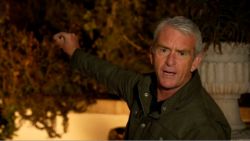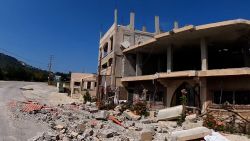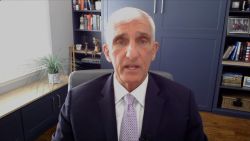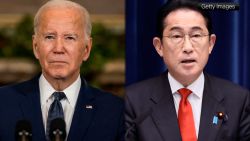One of the last key suspects in the Rwandan genocide has been captured in a Paris suburb after more than 20 years on the run.
Félicien Kabuga, “one of the world’s most wanted fugitives” who is alleged to have been a leading figure in the 1994 genocide against Tutsi and moderate Hutus in Rwanda, was arrested Saturday in a joint operation with French authorities, the United Nations (UN) said in a statement.
The 84-year-old was living under a false identity in a flat in Asnières-Sur-Seine, a Paris suburb, according to a press release from the public prosecutor and regional police.
He was arrested on Saturday morning by French gendarmes, France’s Justice Ministry told Reuters.
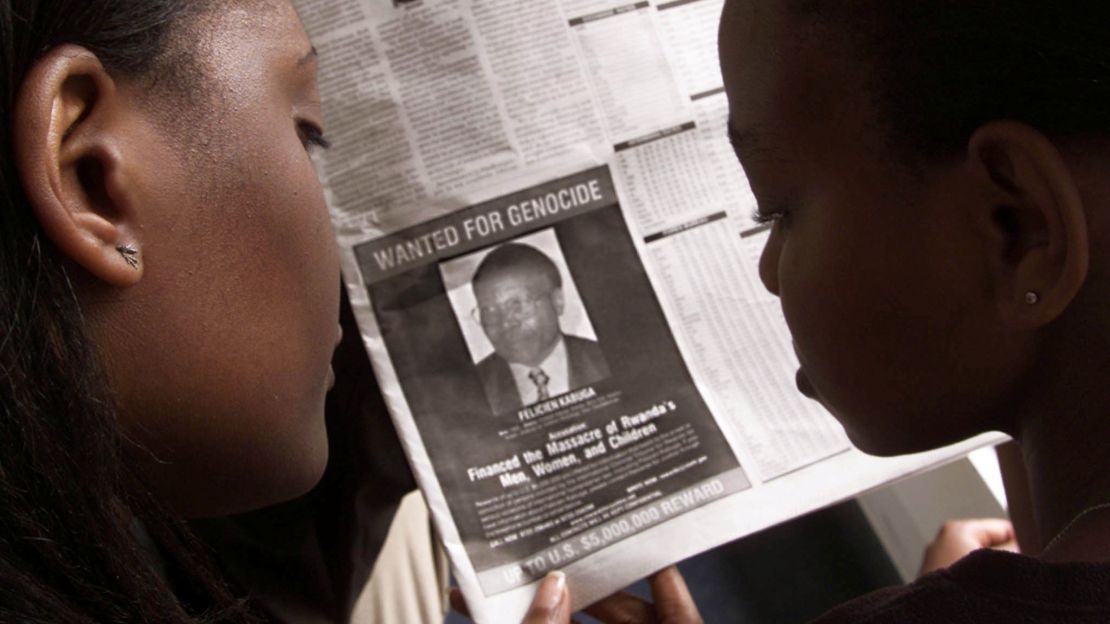
Before standing trial, Kabuga is expected to be transferred to The Hague in the Netherlands to be held in custody by the UN criminal tribunal dedicated to the Rwandan genocide.
“The arrest of Félicien Kabuga today is a reminder that those responsible for genocide can be brought to account, even 26 years after their crimes,” said Serge Brammertz, prosecutor of the International Residual Mechanism for Criminal Tribunals, a UN agency.
“Our first thoughts must be with the victims and survivors of the Rwandan genocide,” he said. “Advocating on their behalf is an immense professional honor for my entire office.”
$5M bounty
Kabuga was indicted in 1997 on seven counts of genocide, complicity in genocide, direct and public incitement to commit genocide, attempt to commit genocide, conspiracy to commit genocide, persecution and extermination, all in relation to crimes committed during the 1994 genocide, according to the UN.
US security agents in 2003 failed to capture Kabuga, who had a $5 million bounty on his head, during an attempt to lure him to the home of a Kenyan businessman who had offered to help investigators.
In 1994 nearly 800,000 people lost their lives in the three-month killing spree. An estimated 300,000 of the genocide’s victims were children. In addition, 95,000 children were orphaned.
Hutu extremists in Rwanda targeted minority ethnic Tutsis and moderate Hutus, in some cases slaughtering families in their homes and burning down churches with people inside.
The violence erupted after a plane carrying then-President Juvenal Habyarimana, an ethnic Hutu, was shot down on April 6, 1994.
“For international justice, Kabuga’s arrest demonstrates that we can succeed when we have the international community’s support,” Brammertz said.







